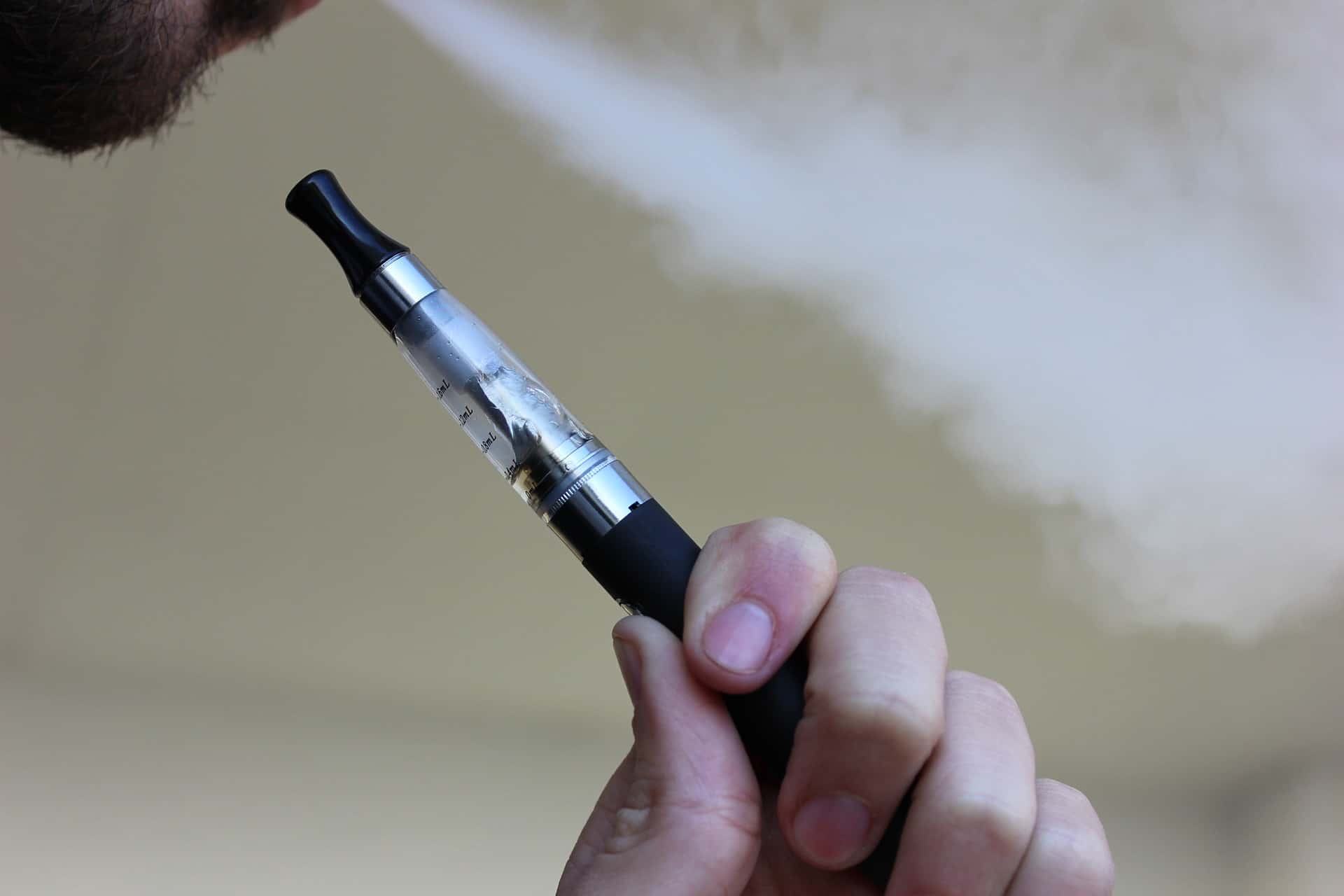
Boyan Slat, the creator of the Ocean Cleanup project, tweeted that the 600 metre-long (2,000ft) free-floating boom had captured and retained debris from what is known as the Great Pacific Garbage Patch.

Scotland has banned plastic-stemmed cotton swabs, in a move to help reduce plastic pollution in the country. Bits of plastic Q-tips get washed up onto beaches and are harmful to marine life and local animals.

The most powerful floating solar PV plant in Europe was inaugurated in southern France on Friday (18 October), marking another milestone in the development of solar energy.

Renewables produced 29.5 TeraWatt-hours in July, August, and September, while fossil fuels only produced 29.1 TW-hr and that less than 1% of the UK's electricity came from coal during the quarter.

The Pact is a set of guidelines and suggestions, including initiatives such as eliminating single-use plastic, reducing micro-pollution from synthetic materials, coming up with designs using old clothes and finding ways to recycle.

This drastic action proposal is part of Ireland’s commitment to combat climate change and protect the country from the potentially devastating effects of global warming. Ireland plans to be a zero carbon emissions country by 2050.

Germany will ban the use of the weedkiller glyphosate - the subject of billion-dollar U.S lawsuits over claims it causes cancer - from the end of 2023 and limit its use before then.

A new report shows low carbon measures in cities could reduce urban emissions by nearly 90 percent and support 87 million jobs worldwide by 2030.

India has become the latest country to join the bandwagon of nations around the world that have banned the use and sale of e-cigarettes. In total 21 countries have already banned them.

The strong winds spurred production from wind turbines and helped supply 130% of the country's electricity demand from midnight to midnight last Sunday. The excess power was sold abroad.

India is set to impose a nationwide ban on plastic bags, cups and straws on Oct. 2, officials said, in its most sweeping measure yet to stamp out single-use plastics from cities and villages that rank among the world’s most polluted.

Beverly Hills has passed what experts say is the most restrictive tobacco ban in the nation, barring the sale of virtually all nicotine products and setting the stage for similar laws in other cities.

Researchers at Columbia University, U.S. have developed a way to harness more power from singlet fission to increase the efficiency of solar cells, providing a tool to help push forward the development of next-generation devices.

Scientists have been researching the effect of precipitation and population size on rising temperatures in cities compared with the surrounding countryside. They have found that more green spaces can help to lower temperatures in urban zones.

In a society that equates beauty with quality, the perception that blemished produce is less desirable than its perfect peers contributes to 1.3 billion tons of wasted food a year globally. Researchers are looking at the potential solutions.